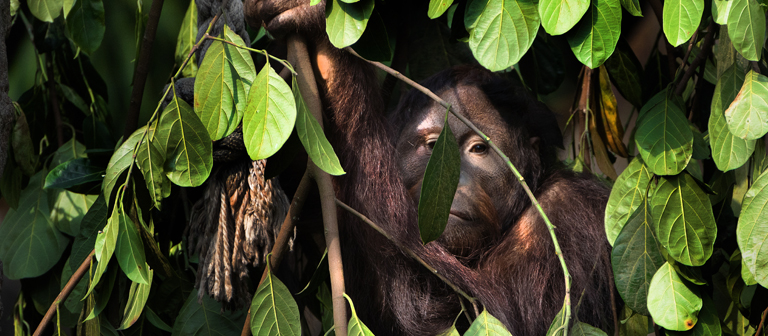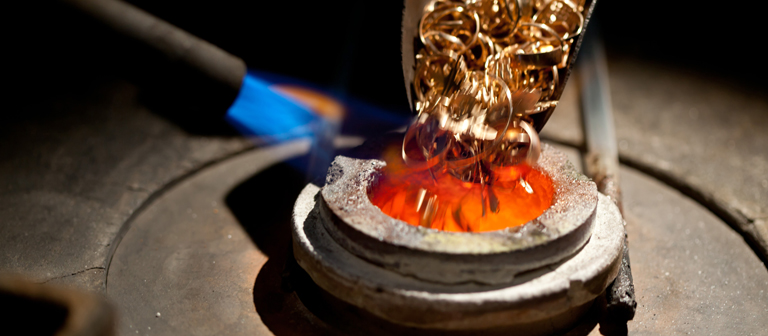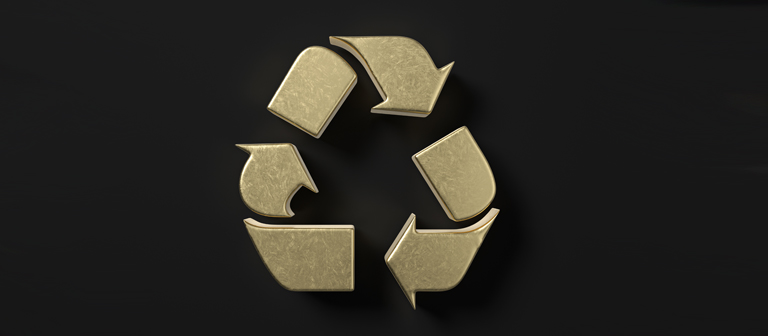
There isn’t anyone that would turn down a little extra cash, but did you know that selling your old unwanted gold also helps the environment? Gold selling and buying is often associated with financial gain, but it also plays a significant role in benefiting the environment! When you look at the resource-intensive nature of gold mining and the environmental concerns associated with extraction you may begin to understand just how impactful it can be. The gold buying and “recycling process” contributes very positively to environmental sustainability. Let’s look at how gold buying helps the environment and why recycling gold is an eco-friendly practice.
1. Selling Gold Reduces the Demand for Newly Mined Gold: One of the most significant environmental benefits of used gold buying and selling is that it reduces the demand for newly mined gold. Unfortunately, gold mining is a resource-intensive process that involves excavating large amounts of earth, uses heavy machinery, and can sometimes employ use of harsh chemicals to extract gold from ore. In the worst cases, this extraction process can lead to deforestation, habitat destruction, soil erosion, and water pollution. By buying and recycling existing gold jewelry, coins, and other items, we can reduce the need for additional gold mining.
2. Selling Gold Conserves Energy and Water: Gold mining operations consume significant amounts of energy and water which can contribute to greenhouse gas emissions and water scarcity in many regions. The process of excavating, transporting, crushing, and processing gold ore uses large quantities of energy which are most often derived from fossil fuels, such as coal and natural gas. Gold mining operations can consume vast amounts of water for ore processing, dust suppression, and other purposes, leading to water depletion and contamination of water sources. Recycling gold significantly reduces the energy and water consumption associated with gold production. Recycling gold requires less energy and water input as it involves melting down existing gold items and refining them into new products.

3. Preserving Ecosystems and Biodiversity: In some cases, gold mining can occur in ecologically sensitive areas which can lead to devastating consequences for wildlife populations and ecosystem function. By supporting gold buying and recycling, consumers and businesses can help preserve ecosystems and protect biodiversity. This contributes to the conservation of forests, rivers, and other natural habitats!
4. Promoting Circular Economy Principles: In a circular economy, waste and pollution is reduced, materials are circulated at their highest value and nature regenerates. Gold buying and recycling are integral components of a circular economy, which aims to minimize waste and maximize resource efficiency! Gold buying and selling helps by reusing, recycling, and repurposing our resources.

5. Encouraging Sustainable Practices in the Jewelry Industry: Gold buying can also drive positive change within the jewelry industry by promoting sustainable and ethical practices. Increasing consumer awareness about the environmental and social impacts of gold mining has led to growing demand for responsibly sourced and recycled gold jewelry (hello vintage jewelry!!). Jewelry retailers and manufacturers are responding to this demand by adopting sustainability initiatives, such as using recycled gold and incorporating the buying and selling of vintage jewelry pieces. The long-term benefit of this practice reduces the environmental footprint of the jewelry industry and leads to longer sustainability.
Gold buying plays an important emerging role in promoting environmental sustainability. While the gold industry is most definitely here to stay there is also a time and a place for buying and selling used gold, as well as when newly mined gold is the best choice. By reducing the demand for newly mined gold, we can contribute to a more sustainable and responsible gold industry.

